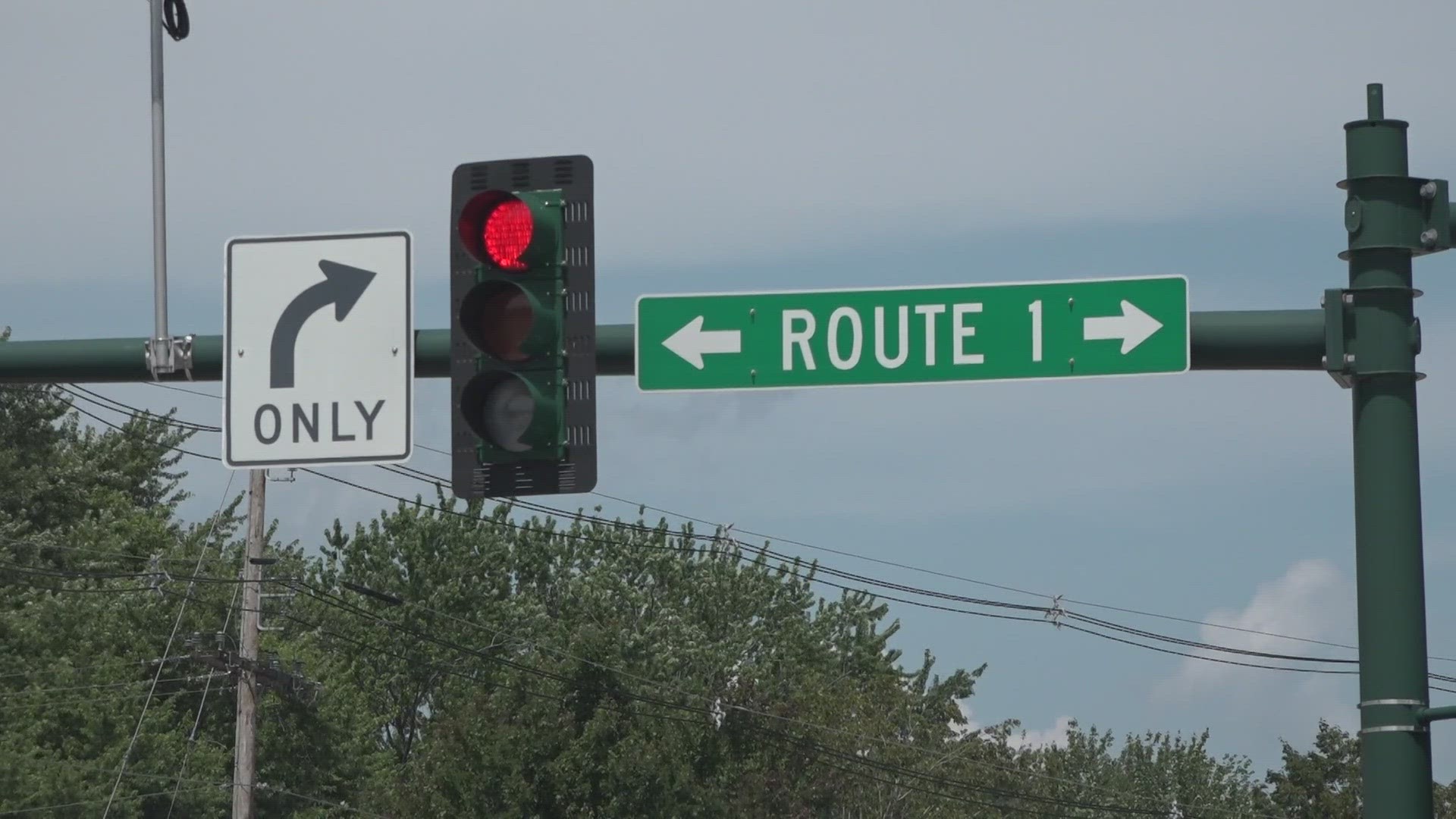CUMBERLAND COUNTY, Maine — Cumberland County's district attorney said her office this month temporarily suspended prosecuting some low-level driving offenses so prosecutors can focus on more serious cases — a new policy that some law enforcement officials oppose.
Jackie Sartoris said her office's caseload is at 150% of pre-COVID levels with the same number of prosecutors. In an attempt to lessen the burden, Sartoris said her office on March 1 stopped prosecuting cases involving drivers accused of a single charge of either driving without a license, driving with a suspended registration, or driving an unregistered vehicle.
"These are the lowest-level criminal conduct (charges) in Maine," Sartoris said. "Our experience is that when we issue these as criminal summonses, most people immediately resolve the problem.
"It seems like moving that over to civil for the time being was a way of shifting our caseload around and hopefully enabling us to get back to pre-pandemic levels."
She said about 10% of her office's caseload involved the aforementioned charges and "very few" ended in convictions, as charges were often dropped if someone charged restored their license or registration.
Auburn police Chief Jason Moen, interim president of the Maine Chiefs of Police Association, said while he understands the reasoning for the policy, it's not the right approach.
"She is essentially decriminalizing criminal offenses on her own," Moen said. "I don't believe that's in the best interest of public safety.
"Most of the chiefs across the association would have that same viewpoint."
Sartoris disagreed she's decriminalizing the offenses, as those who are stopped for the same offense after a civil penalty would be charged criminally under the policy. She said she met with a group of police chiefs in December and notified them her office was thinking about implementing the policy.
"We got a lot of support," she said, emphasizing the policy is temporary.
"Most of the people who have these violations are people who just have forgotten to renew their license, forgotten to renew their registration," she said, adding she herself received a criminal summons for failing to renew her registration 26 years ago.
"We had a death in the family, I had a newborn," she said. "The month went by, I never thought about it."
She said she had to go to court to resolve it.
"Part of me was thinking, 'Wow. This is overkill,'" she said.
She said that experience didn't factor into her policy, which was the result of a back-and-forth between prosecutors.
"We were careful about the charges we considered," she said.
Sartoris said since she announced the policy, her office has received dozens of calls from irate people claiming it's designed to benefit immigrants.
"It’s complete misinformation," she said. "There is no effort to make this is a benefit for immigrants and not for everyone."
She said some people warned her information about her residence was posted online and there were possible efforts to get people to gather at her home in response to the policy, which she said crossed a line.
"It's not OK to bring people's families in this," she said. "(The policy) is about the lowest-level criminal conduct that I can take from the criminal court and put it into the civil process. And it's temporary.
"I'm reminding people: Take out your driver's license, see when it expires and check your registration. What we want is for people to get legal."

